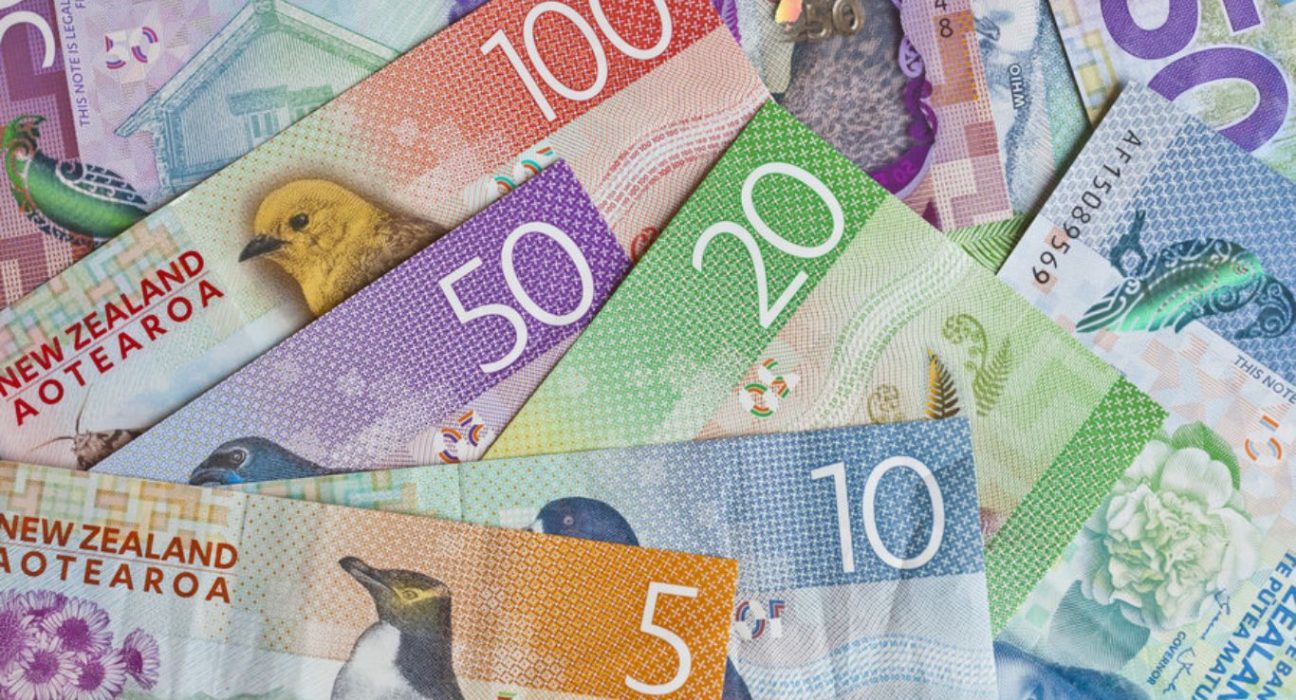Introduction
The New Zealand dollar faced a significant setback, dropping by 1.3% to a three-week low, following the Reserve Bank of New Zealand’s expected decision to raise interest rates. However, the central bank’s indication of a potential pause in its ongoing rate hike cycle triggered a decline that caught many investors by surprise.
Reserve Bank of New Zealand’s Rate Hike Decision
The Reserve Bank of New Zealand made a widely anticipated move by raising interest rates in response to the country’s strong economic performance. The decision to hike rates was driven by concerns over rising inflation and the need to maintain price stability. However, despite the expected increase, the central bank’s communication regarding the future direction of rates came as a surprise to market participants.
Signal of a Potential Pause in Rate Hike Cycle
In its announcement, the Reserve Bank of New Zealand hinted at a potential pause in its nearly two-year-long rate hike cycle, signaling a shift in monetary policy. The central bank acknowledged the importance of monitoring key economic indicators closely, particularly inflationary pressures and the impact of previous rate increases on the broader economy. This cautious approach suggests that the Reserve Bank may adopt a more measured stance moving forward.
Market Reaction and the New Zealand Dollar’s Plummet
The New Zealand dollar, known as the kiwi, experienced an immediate and significant decline following the Reserve Bank’s announcement. The currency fell by 1.3% against major counterparts, reaching its lowest level in three weeks. The unexpected indication of a potential rate hike pause created uncertainty among investors, prompting them to reassess their positions and leading to a swift sell-off of the kiwi.
Factors Contributing to the Kiwi’s Weakness
Several factors played a role in the New Zealand dollar’s sharp decline. Firstly, the central bank’s signal of a potential pause in the rate hike cycle surprised investors who were anticipating further increases. This change in sentiment led to a reassessment of the kiwi’s value and resulted in a negative market response. Additionally, the broader market sentiment and risk appetite can also influence currency movements, and any uncertainty surrounding monetary policy can exacerbate volatility.
Impact on the New Zealand Economy
The depreciation of the New Zealand dollar has both positive and negative implications for the country’s economy. On one hand, a weaker currency can support export-oriented industries, such as agriculture and tourism, by making their products more competitive in international markets. This can potentially boost economic growth and employment. On the other hand, a depreciating currency may lead to increased import costs, which can put pressure on inflation levels and impact consumer purchasing power.
Outlook and Uncertainty
The Reserve Bank of New Zealand’s communication regarding a potential pause in the rate hike cycle has introduced a new level of uncertainty into the market. The central bank’s cautious approach reflects its commitment to maintaining price stability and managing the potential risks associated with inflation. However, the future direction of interest rates remains uncertain, as it will depend on a range of factors, including the trajectory of inflation, domestic economic indicators, and global market conditions.
Conclusion
The New Zealand dollar’s sharp decline to a three-week low after the Reserve Bank of New Zealand’s interest rate hike and subsequent hint at a potential pause in its rate hike cycle has raised concerns among investors. The currency’s reaction underscores the importance of central bank communications and the impact they can have on market sentiment. As the Reserve Bank continues to monitor economic indicators closely, market participants will eagerly await further guidance on the future direction of interest rates and its implications for the New Zealand dollar.
In summary, the Reserve Bank of New Zealand’s decision to raise interest rates while signaling a potential pause in the rate hike cycle has contributed to a notable drop in the New Zealand dollar’s value. The currency’s decline reflects investor uncertainty and highlights the impact of central bank communications on market sentiment.










